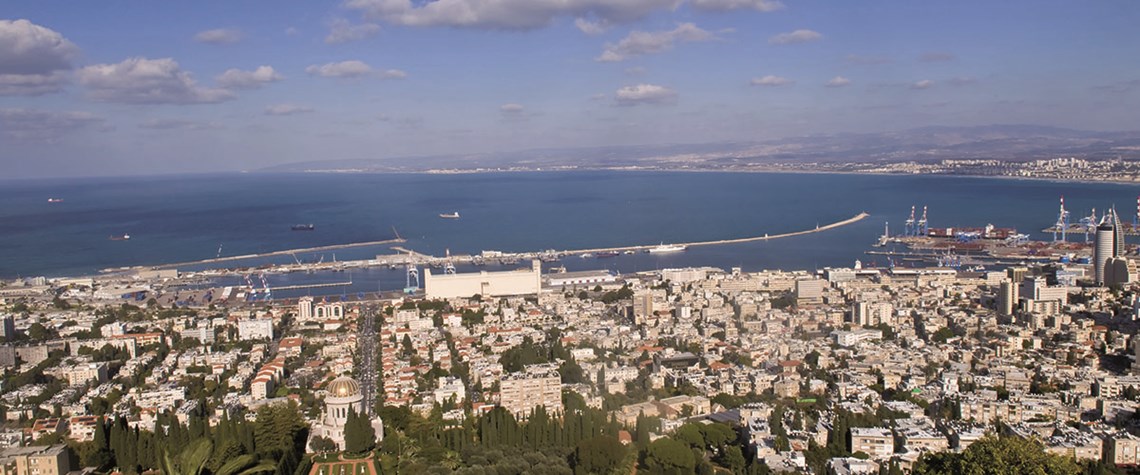Israel mulls future gas strategy
Supply and demand scenarios underpin recommendations on the fate of as-yet-undiscovered gasfields
Israel's future gas supply and export strategy could shift as a result of an inter-ministerial team's estimates on demand and supply up to 2042. A committee led by Udi Adiri, director general of the Ministry of Energy, has published findings of a months-long study on the Israeli gas market. It is drawn from data generated in the past five years since the Tamar field (with estimated reserves of 10 trillion cf) came on line. Previous recommendations, such as the Zemach committee's report in 2013, were drawn from estimates using only previously discovered fields. Two facts stand out from the Adiri committee's findings: the first is that Israel has consumed less gas than was forecast: 43 bn cm c

Also in this section
17 February 2026
The 25th WPC Energy Congress, taking place in Riyadh, Saudi Arabia from 26–30 April 2026, will bring together leaders from the political, industrial, financial and technology sectors under the unifying theme “Pathways to an Energy Future for All”
17 February 2026
Siemens Energy has been active in the Kingdom for nearly a century, evolving over that time from a project-based foreign supplier to a locally operating multi-national company with its own domestic supply chain and workforce
17 February 2026
Eni’s chief operating officer for global natural resources, Guido Brusco, takes stock of the company’s key achievements over the past year, and what differentiates its strategy from those of its peers in the LNG sector and beyond
16 February 2026
As the third wave of global LNG arrives, Wood Mackenzie’s director for Europe gas and LNG, Tom Marzec-Manser, discusses with Petroleum Economist the outlook for Europe’s gas market in 2026







